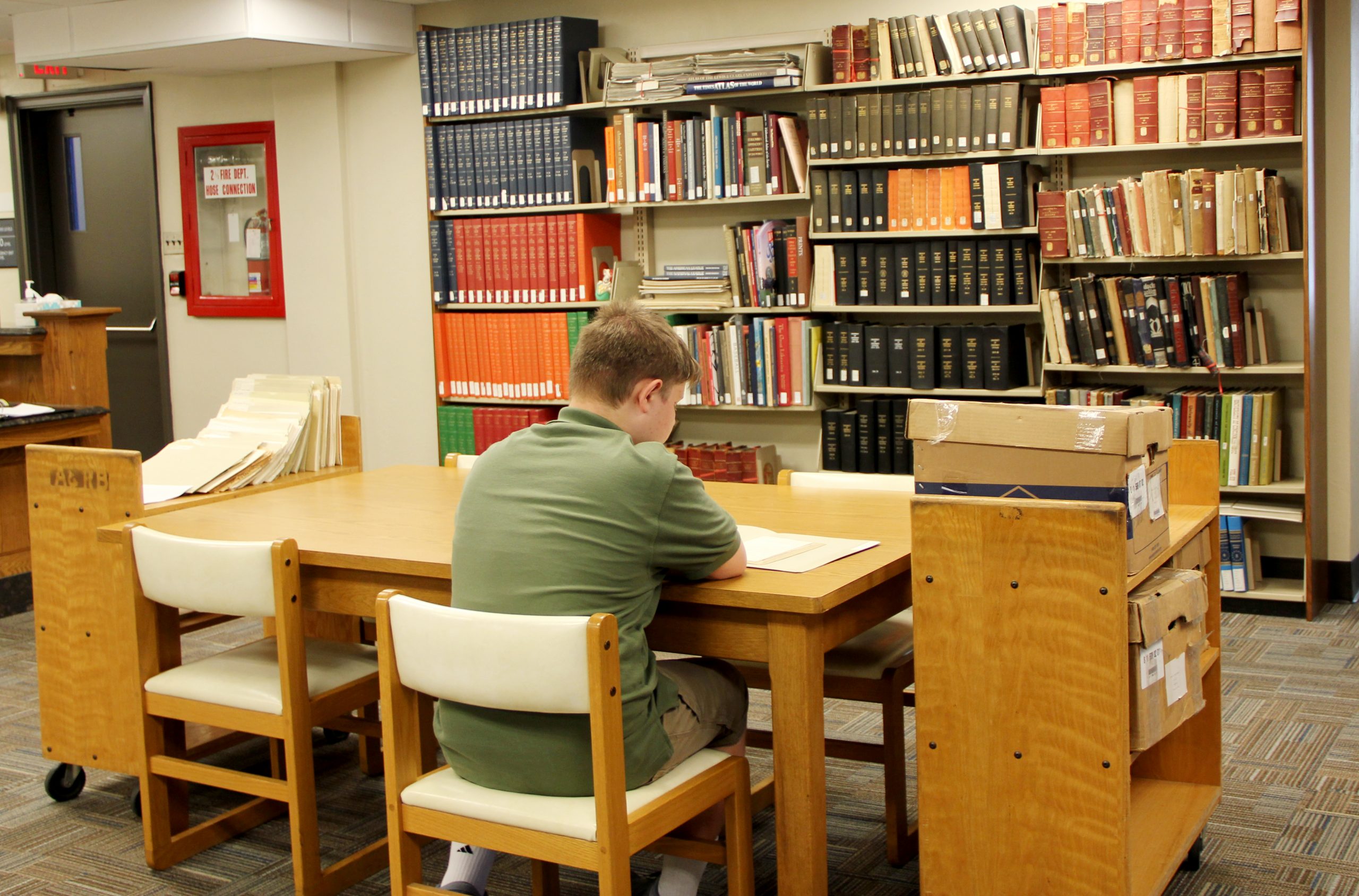Winter Break Hours for the University of Cincinnati Libraries begin Saturday, Dec. 18. All library locations will be closed Dec. 18-Jan. 2, except for the Donald C. Harrison Health Sciences Library (HSL), which will be open noon-5pm, Dec. 20-23 and closed Dec. 24-Jan. 2.
 In addition, all library locations except for Langsam Library and HSL will close at noon, Friday, Dec. 17. The Desk@Langsam will also close at noon, Friday, Dec. 17.
In addition, all library locations except for Langsam Library and HSL will close at noon, Friday, Dec. 17. The Desk@Langsam will also close at noon, Friday, Dec. 17.
A listing of all hours is available on the Libraries website.
Have a relaxing and safe Winter Break.

 The University of Cincinnati Libraries will be closed Thursday, November 25 and Friday, November 26 for Thanksgiving, with some locations closed the remainder of the holiday weekend and many library locations closing early on Wednesday, November 24 at 5pm. Check the
The University of Cincinnati Libraries will be closed Thursday, November 25 and Friday, November 26 for Thanksgiving, with some locations closed the remainder of the holiday weekend and many library locations closing early on Wednesday, November 24 at 5pm. Check the  UC Libraries will be closed Thursday, Nov. 11 in observance of Veterans Day.
UC Libraries will be closed Thursday, Nov. 11 in observance of Veterans Day.




